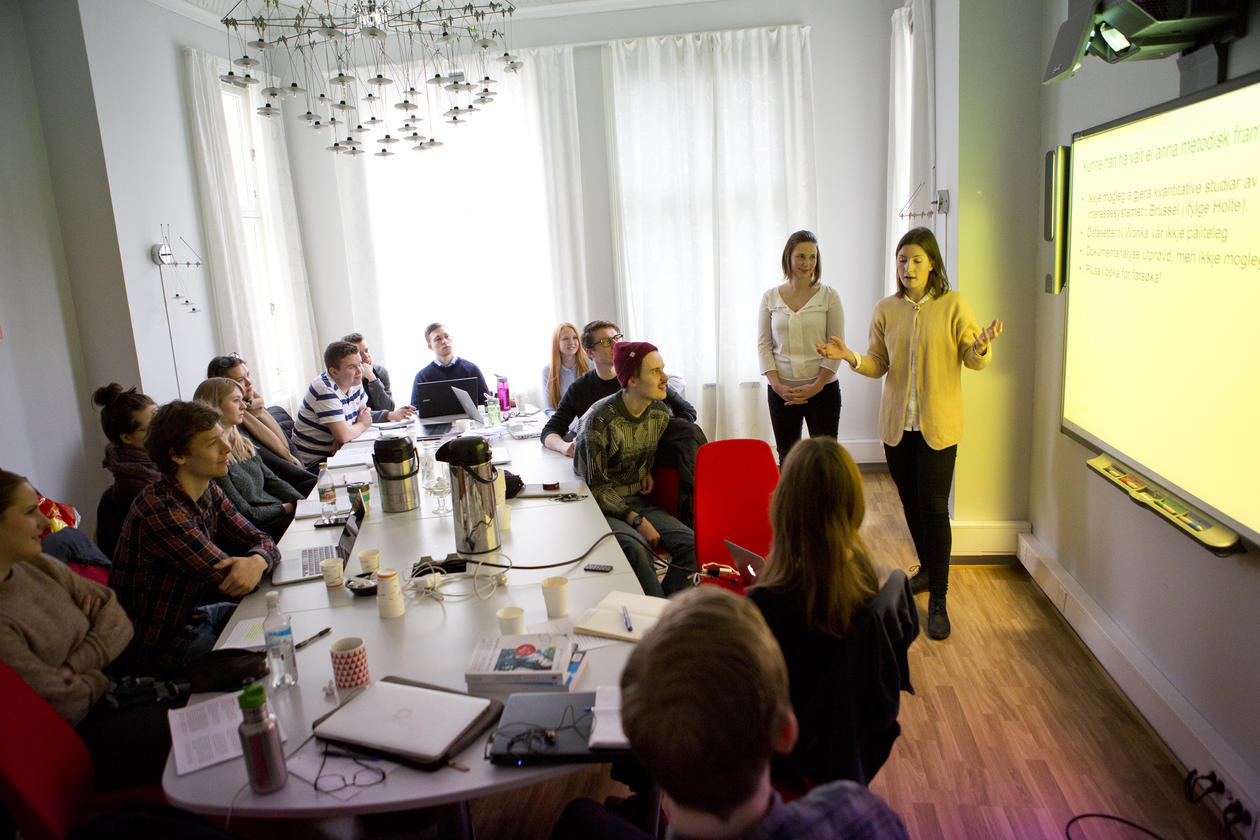The Bergen-based part of the team project team will this semester hold a graduate course on democratic backlash for graduate students at the Department of Comparative Politics, University of Bergen. The course focuses on mapping and explaining the composition and causes of the recent backlash. It follows the structure of the research project, with separate seminars on contestation, association, rule of law and gender and minority rights.
What aspects of democracy are under pressure, and in which arenas are we seeing resistance to the backlash? How can we compare the challenges facing American democracy with those in Poland, the Philippines or Tanzania? And is the recent backlash against democracy seen in many countries mainly due to increasing levels of domestic political competition or the decline of international commitment to ideals of democracy? These are some of the questions students will be challenged to answer in our master course scheduled for the spring 2019 semester.
Sampol338: Breaking Bad: Understanding Backlash Against Democracy is a graduate research seminar focusing on theoretical and empirical analyses of the state of democracy in the world today. The graduate course aims to provide the students with a rigorous empirical basis for understanding the scope, causes, responses to and effects of the backlash against democracy. Unlike the project, the course will look at the phenomenon at the global level, using data and literature that focus on democratic backsliding and authoritarian retrenchment in both what has previously been considered as consolidated democracies, new democracies and hybrid regimes. The common empirical denominator in the course is thus a focus on understanding processes where democracy is weakened – independent of initial level of democracy.
The first part of the course focuses on conceptualizing and measuring the backlash. We will discuss both changes in demand and supply of democracy and challenge the students on how the choices we make in terms of conceptualization and measurement affects the answers we get. The second part of the course is structured around four distinctive democratic rights clusters, contestation rights, associational rights, gender and minority rights and rule of law (judicial independence). To each rights dimension, we will present and discuss central theoretical arguments and empirical applications. The emphasis will be on understanding these different rights clusters as key battlegrounds for both promoting and resisting democratic backsliding and discussing linkages between the different dimensions.
Each student participating in the course will be expected to contribute actively to the seminars. There will be a 5000-word research paper that addresses the concept of democratic backsliding along one or more of the four dimensions of rights. Students will also be expected to use one or more of the articles on the syllabus to discuss developments in an ongoing backlash process, either through an oral presentation or a blog post – some of which might appear on this very blog.
For those interested in taking the course or those who just find the topic interesting: you can find an overview of the different seminar topics and reading list for the course below. We will bring you more from the course on this blog from January onwards.


